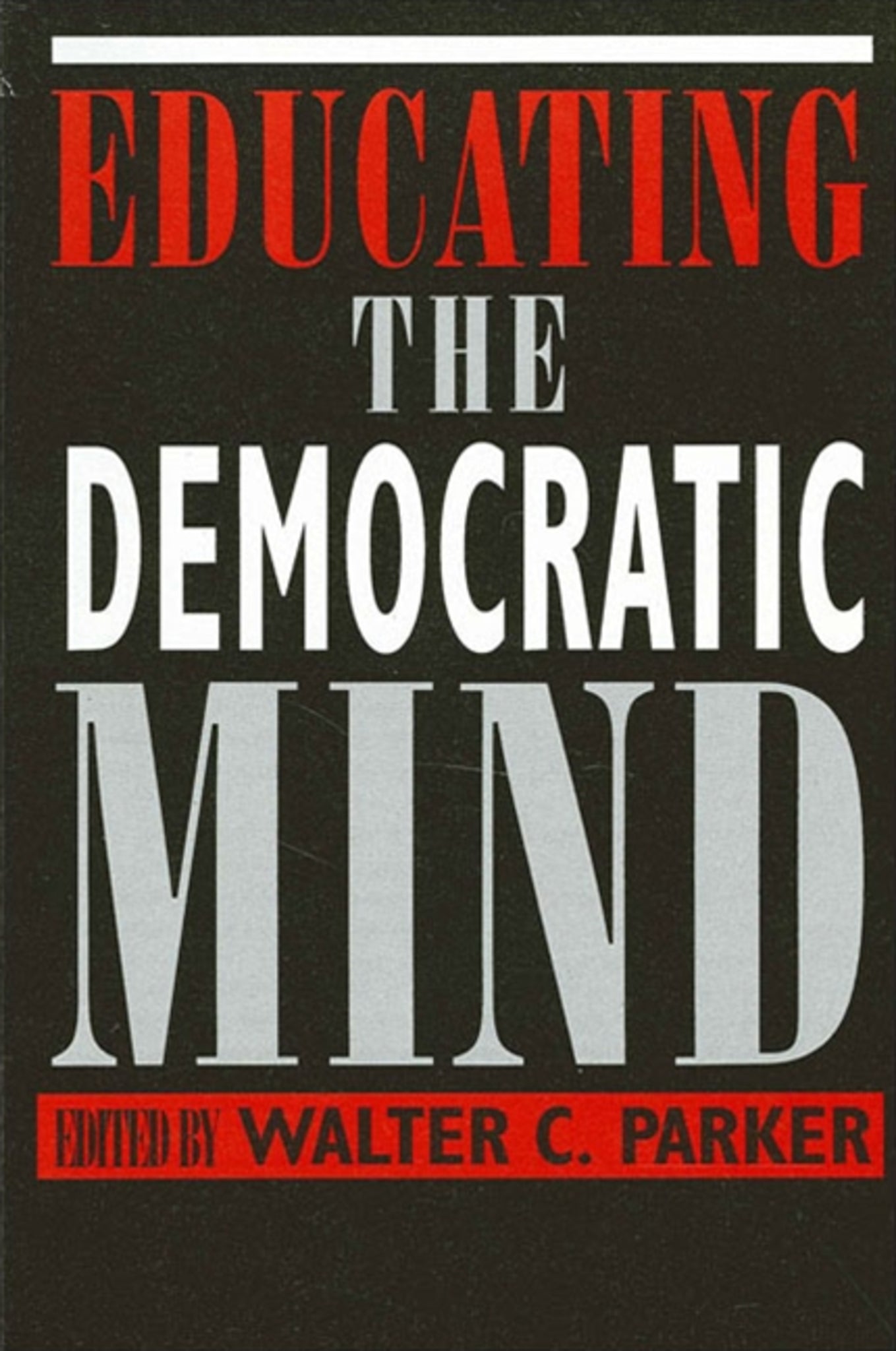We're sorry. An error has occurred
Please cancel or retry.
Educating the Democratic Mind

Some error occured while loading the Quick View. Please close the Quick View and try reloading the page.
Couldn't load pickup availability
- Format:
-
16 November 1995

Addresses the question: How can schools help shape young minds to address the challenges of a democratic society?
There can be no democracy without democrats, and democrats are made, not born. This volume features sixteen provocative essays, old and new, on the concern to educate young people for that loosely-defined genre of political and social life called democracy. It is an historical collection on the central question of our era: How and what might children be taught so that they respond well and creatively to the demands of an increasingly diverse society that is organized under and struggling, on and off, to realize the democratic ideal? How are we to educate children to embrace difference and maintain a common life? Contributors include Walter C. Parker, Ann V. Angell, James A. Banks, Jane Bernard-Powers, Carole L. Hahn, David Mathews, William B. Stanley, and James Anthony Whitson.


"This thoughtful and creative collection of articles will enable its readers to ponder seriously the democratic work that schools need to undertake, the reasons why such work is essential for the survival of our nation, and to become acquainted with creative ways to make our schools democratic, just and moral communities. I hope readers will join me in applauding Walter Parker for this important and welcome project." — from the Foreword by James A. Banks
Foreword
James A Banks
Introduction: Schools as Laboratories of Democracy
Walter C. Parker
PART 1: EARLY YEARS
1. The Democratic Conception in Education
John Dewey - 1916
2. Reconstructing the Curriculum
Harold O. Rugg - 1921
3. An Experiment in Teaching Resistance to Propaganda
Wayland W. Osborn - 1939
4. Teaching in Democratic and Authoritarian States
Alan F. Griffin - 1942
PART 2: MIDDLE YEARS
5. Rational Inquiry on Society's Closed Areas
Maurice P. Hunt and Lawrence E. Metcalf - 1955
6. Decision Making
Shirley H. Engle - 1960
7. Teaching Strategies and Thought Processes
Hilda Taba and Freeman F. Elzey - 1964
8. Using a Jurisprudential Framework in the Teaching of Public Issues
Donald W. Oliver and James P. Shaver - 1966
PART 3: RECENT YEARS
9. The Hidden Curriculum and the Nature of Conflict
Michael W. Apple - 1975
10. Moral Reasoning
Lawrence Kohlberg - 1976
11. Skills in Citizen Action
Fred M. Newmann, Thomas A. Bertocci, and Ruthanne M. Landsness - 1977
12. History's Role in Civic Education: The Precondition for Political Intelligence
Paul Gagnon - 1989
PART 4: REFLECTIONS & POSSIBILITIES - NEW WORKS
13. Reviewing and Previewing Civics
David Mathews
14. The "Woman Question" in Citizenship Education
Jane Bernard-Powers
15. "Re-Minding" Education for Democracy
James Anthony Whitson and William B. Stanley
16. Global Perspectives
Ann V. Angell and Carole L. Hahn
Contributors of New Works
Index



